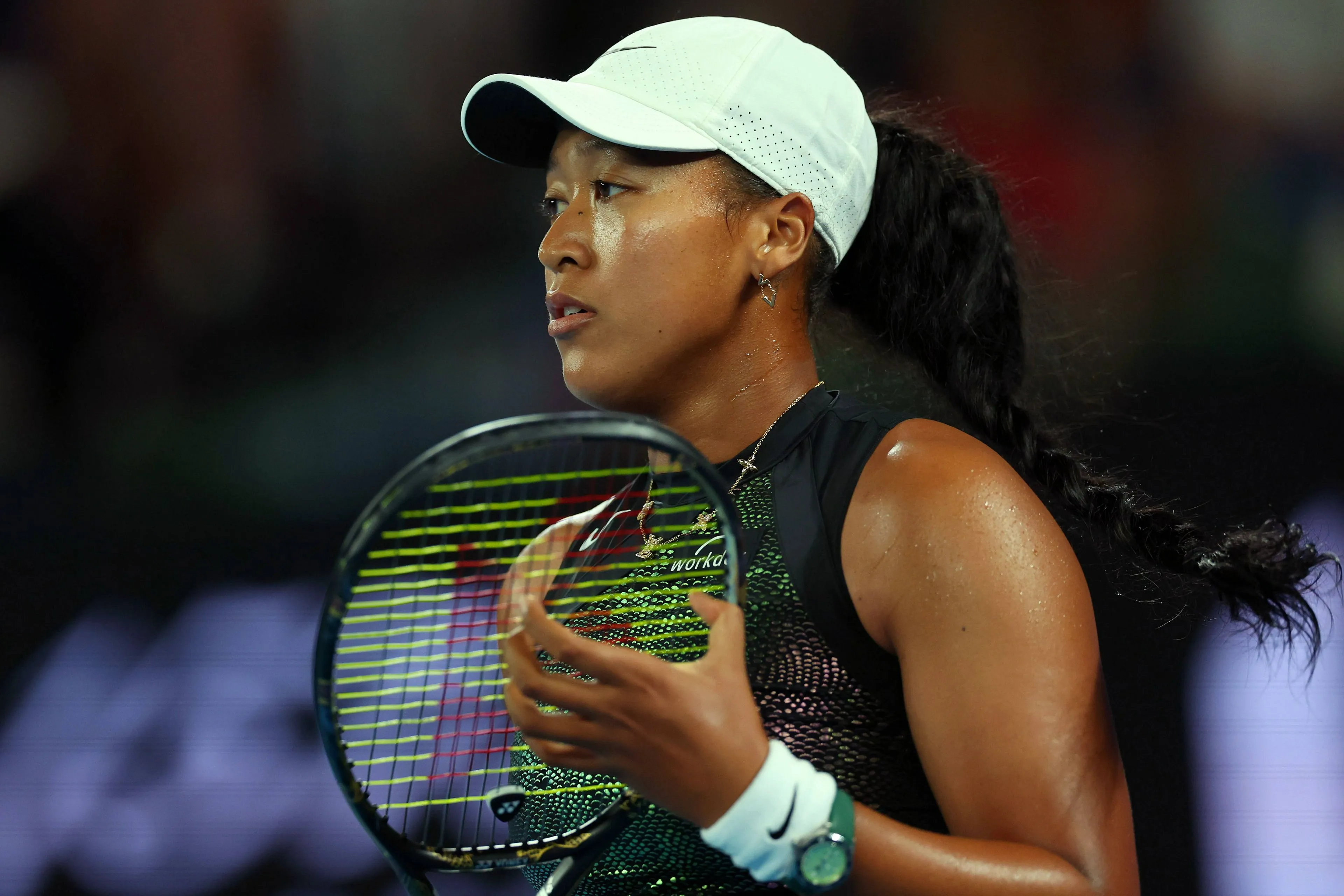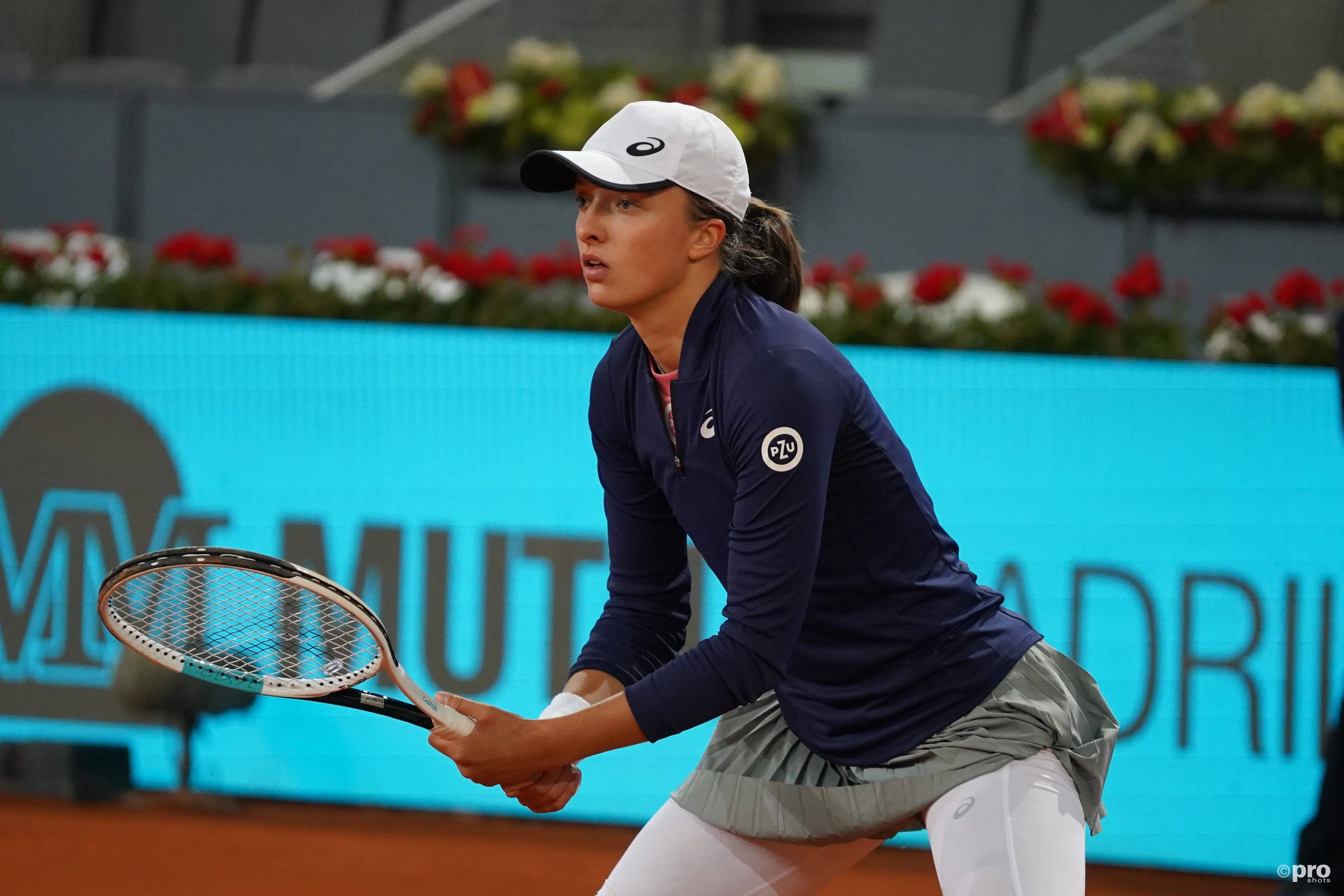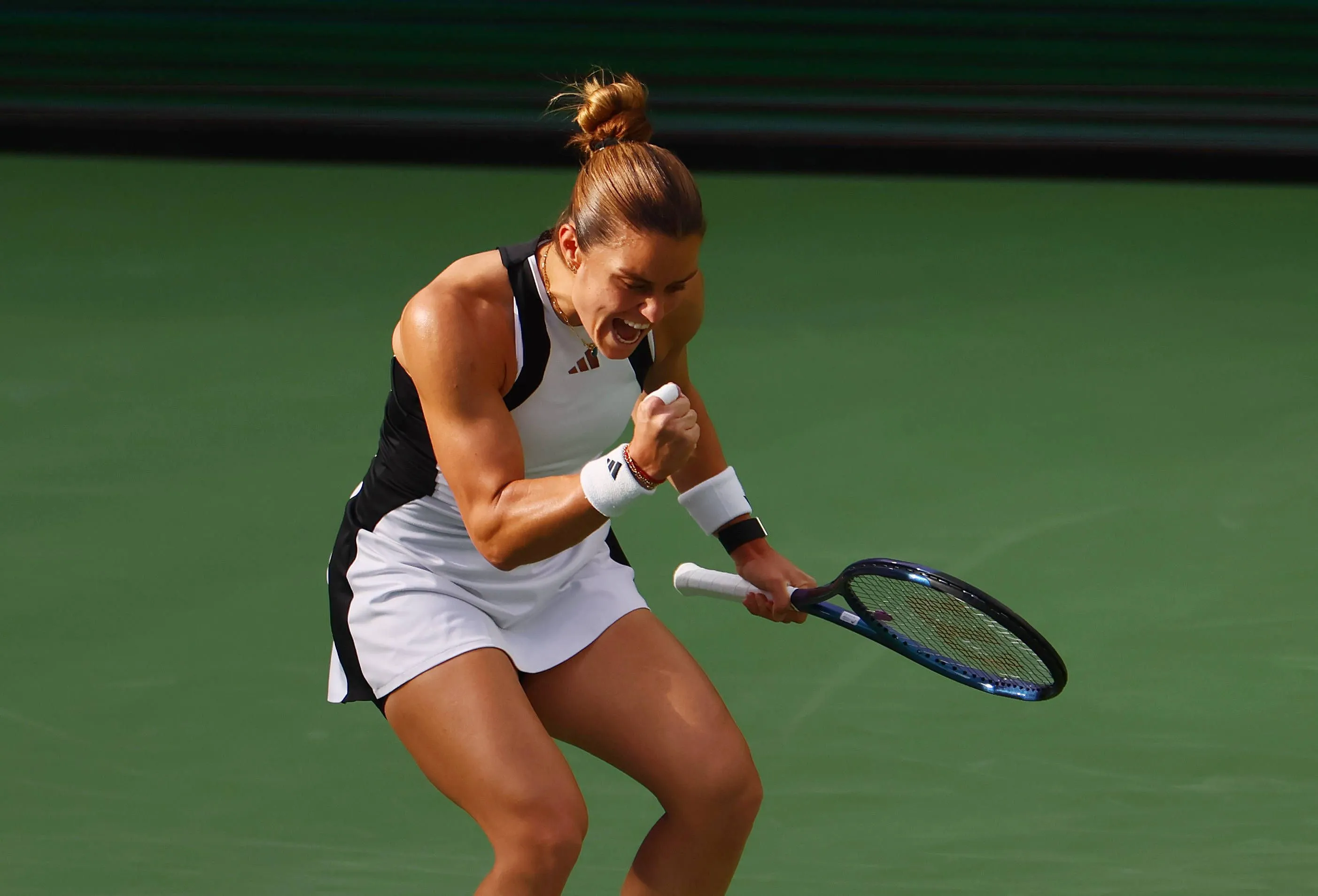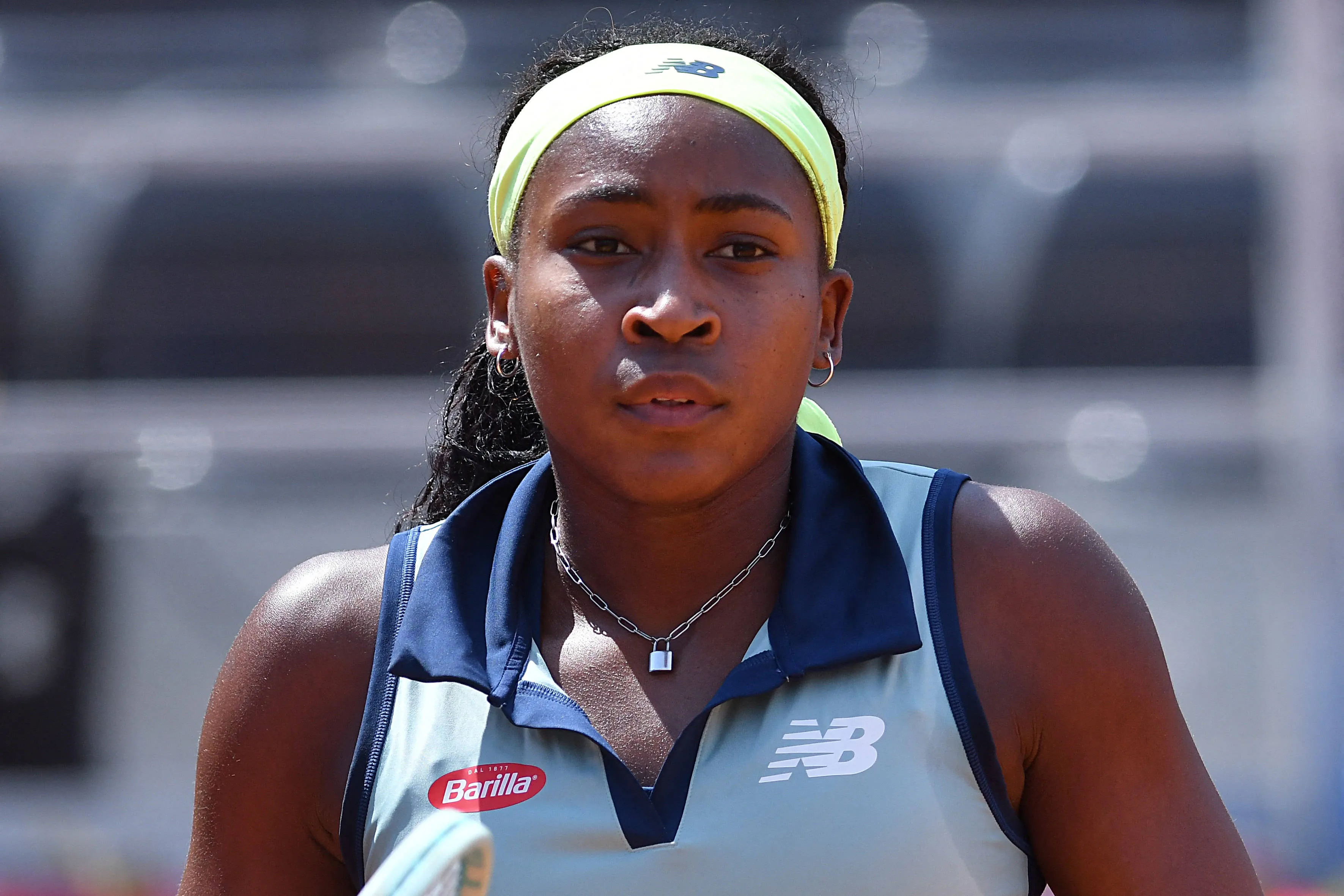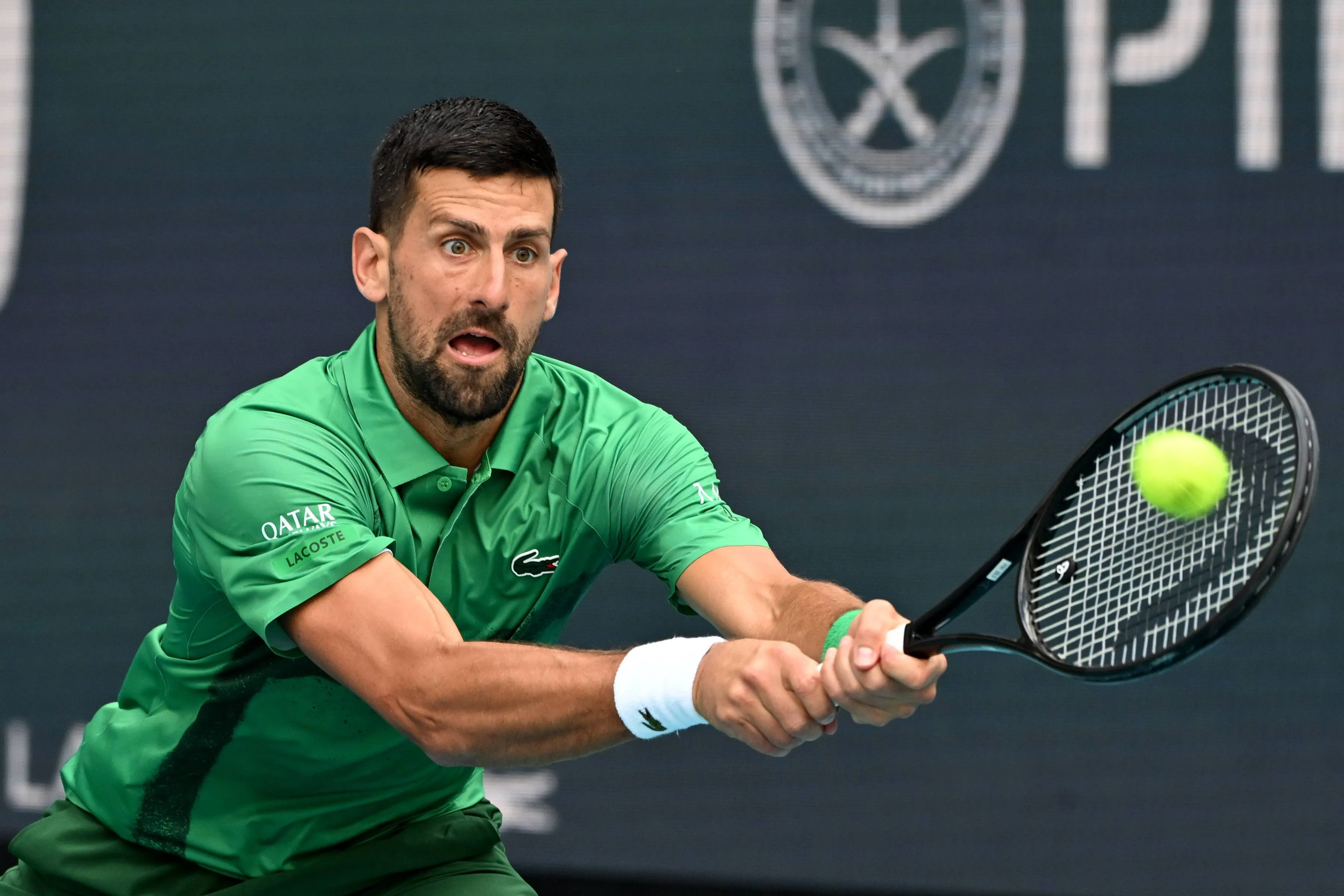"Would definitely be life changing": Victoria Azarenka and Naomi Osaka lead charge for WTA maternity pay
WTAWednesday, 13 March 2024 at 22:30
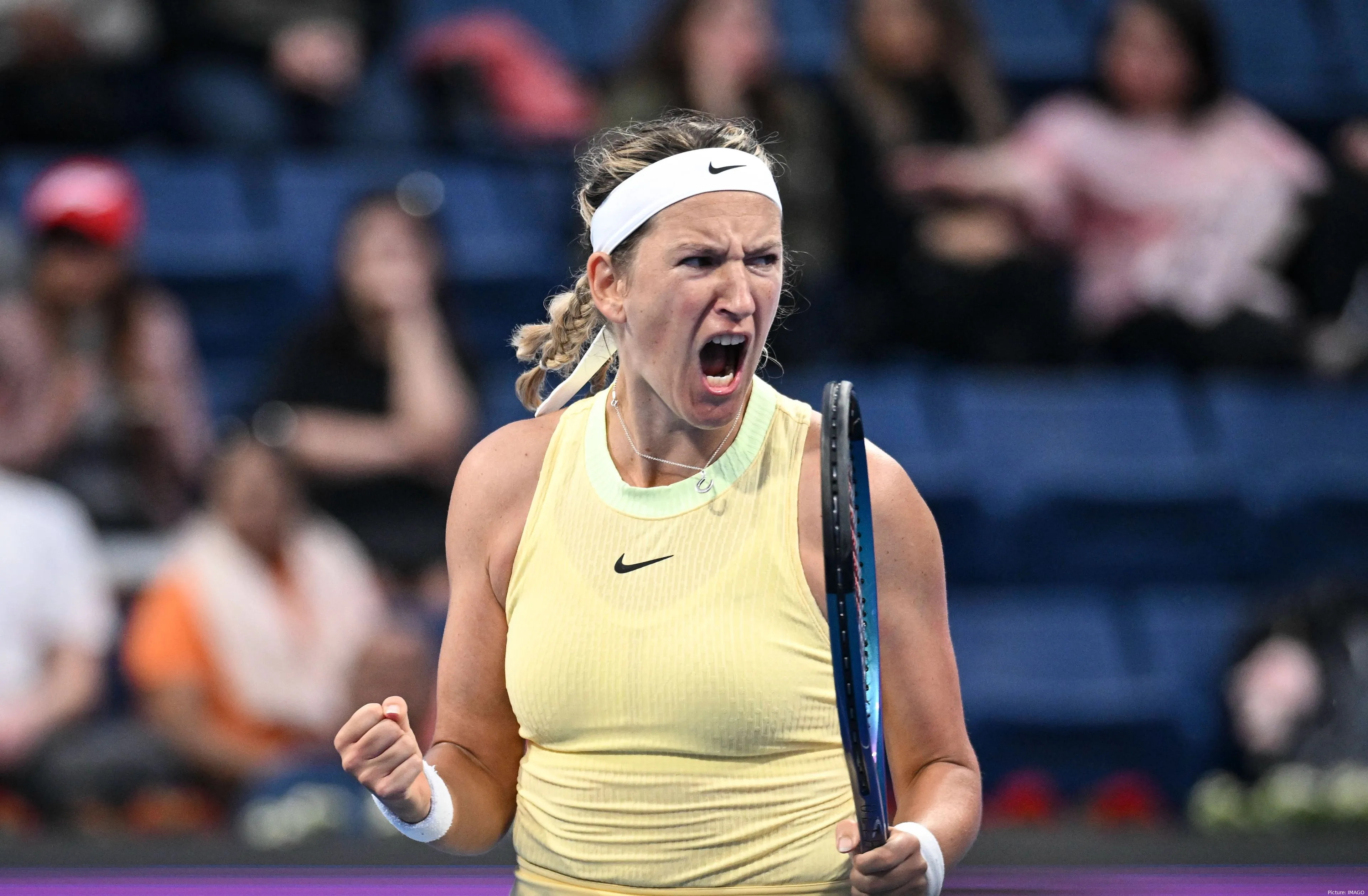
Naomi Osaka
and Victoria Azarenka lead the initiative for WTA maternity pay. Since the 2019
season, the rules were changed to allow new mothers returning to the Tour to
participate in 12 tournaments over a period of three years from the birth of
their child.
However,
some players believe that maternity pay should be introduced. For instance,
former world No. 1 Azarenka, who gave birth to her son Leo in 2016, commented
earlier this year that she hopes there will be further progress in implementing
maternity pay: "There's a lot more that has to change and I hope that we
are on the right track to do it," Azarenka told BBC Sport in Brisbane
earlier this year.
Read also
"I
think the important part is to change the financial part of maternity leave. I
think that would be a huge win for women in general, so I hope we find the
resources to be able to do that. I think that would be incredible.
"I
have, I'm guessing, more financial security than some players who may be
outside the top 100, and maybe have the same desires and ambitions to have a
child and continue to do their job."
On the
other hand, the 4-times Grand Slam champion Naomi Osaka, who returned to the
tour just six months after giving birth to her daughter Shai this year,
supported Azarenka's idea: "I think it would definitely be life-changing,
and I feel like having a kid shouldn't feel like a punishment," she said.
"For
most female athletes, I think there's a discussion that your career's going to
change dramatically or going to finish because you have a kid, so just
appreciating them more and giving more options is something that is very
necessary."
Read also
Also, the
2022 Wimbledon semifinalist Tatjana Maria has balanced her career with the
motherhood of her 10 and three-year-old daughters. The German mentioned that
she had no income when she took her first break at the age of 25: "I think
it's completely correct to do this, because other jobs you have worldwide it's
the same rule - when you get pregnant, you get paid - and I think why not in
tennis?" Maria said.
"There
are more mums on tour and we are coming into a generation where you can play
much longer than before, and it will be more in the future. It's something the
WTA has to see, that we are more mums on tour, and change it."
Read also
The WTA
issued a statement declaring that a universal childcare policy cannot be
implemented due to the varying regulations in each country: "Due to
varying regulations governing childcare across our tournament host countries,
we are unable to institute a universal childcare policy, though the WTA
encourages tournaments to offer these services on an individual basis, and
several of them do," the WTA said in a statement.
"The
WTA is proud to support the mothers on our Tour and we remain committed to
providing them with resources to help balance parenthood and the demands of
competing at the highest level.
"We
are focused on both the health and performance of players while also empowering
players. As a result, the WTA provides each player with an athletic care
manager to oversee their safety, health, and performance during pregnancy and
postpartum care."
claps 0visitors 0
Just In
Popular News
Latest Comments
- Well, that was ... all about nothing. Every excuse and future workout plan mentioned should have been dealt with a long time ago. R.I.P., Mark Petchey.
 mandoist22-04-2025
mandoist22-04-2025 - I hope Marion Bley is the Chair Ump for the Final. It would be Karma Served for Saba after her disrespectful 'performance' in the semi.
 mandoist21-04-2025
mandoist21-04-2025 - Coco needs to stop the Williams Hero Worship and play like 'Coco'.
 mandoist19-04-2025
mandoist19-04-2025 - Didn't expect issues between these two...SakkariFan2318-04-2025
- Send her a crate of deodorant DoveSakkariFan2318-04-2025
- Good to see, hopefully Sakkari can return to the form she deserves.SakkariFan2318-04-2025
- Shame no play on Friday but some line-up incoming..SakkariFan2318-04-2025
- Zverev's reaction lacked a bit of class this time around. He handled it better in Australia.MrAndreeva18-04-2025
- Funny from Dove & a corporate rarity.MrAndreeva18-04-2025
- Well, we all surely appreciate this bit of nothing. Go feed your kids.
 mandoist17-04-2025
mandoist17-04-2025

